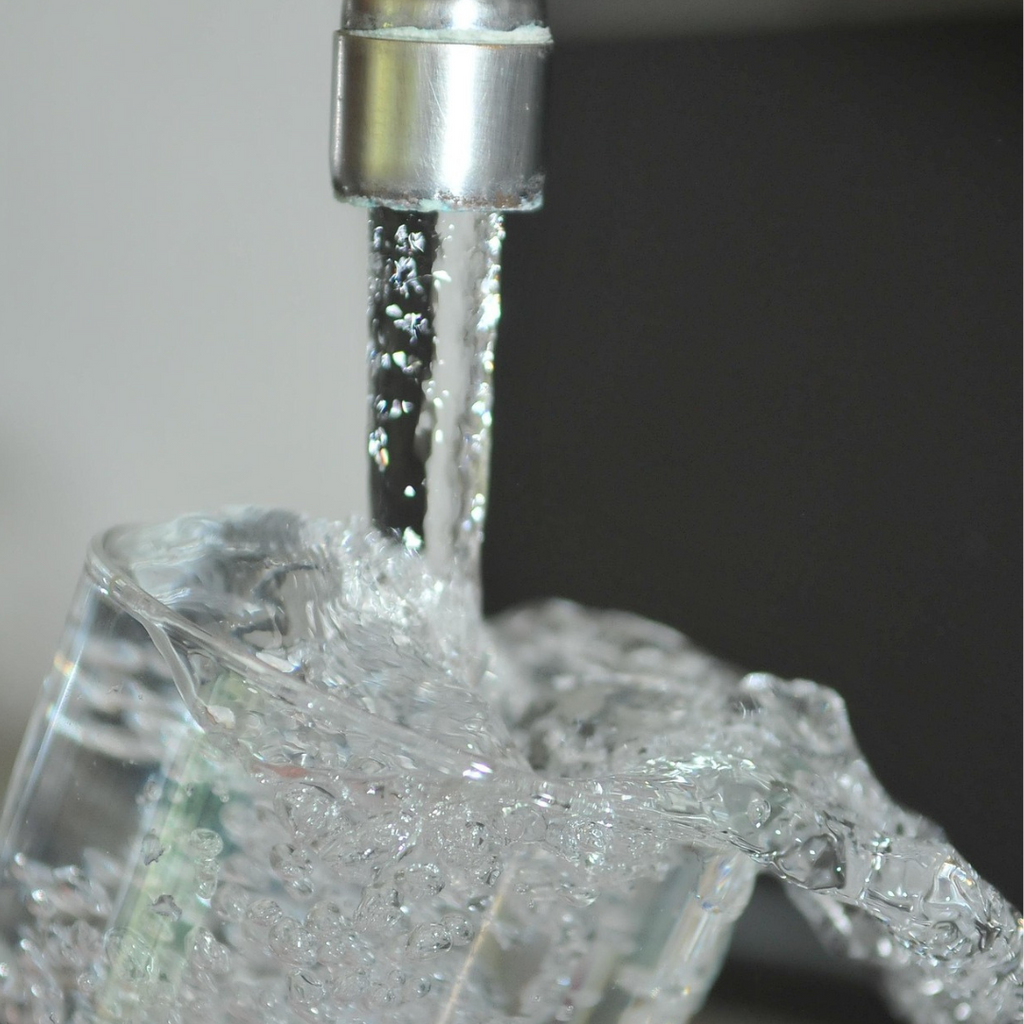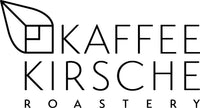Coffee and Water: How Water Affects Your Coffee Taste

Water is the foundation of every coffee. Although often underestimated, water quality has a huge impact on the taste of the coffee. After all, a cup of coffee is about 98% water. But which water is best? What role does temperature play? And why can hard or soft water affect the taste?
The importance of water quality
Coffee consists largely of water, which is why the quality of the water used has a significant impact on the taste and quality of the final product. The mineral content plays a particularly key role: Water with too many or too few minerals can negatively affect the taste of the coffee. Water with a medium mineral content is ideal, as it can optimally extract the coffee's aromas without distorting the taste. The pH value of the water is equally important: A neutral value of around 7 is optimal, as it ensures that the coffee's aromas are not impaired by an overly acidic or alkaline pH value. In addition, chlorine and pollutant levels in the water should be as low as possible, as such chemical residues can significantly impair the taste of the coffee. Overall, it can be said that the quality of the water has a decisive influence on the coffee aroma and should therefore not be underestimated when preparing coffee.
Hard vs. soft water
Water hardness, determined by the calcium and magnesium ion content, has a decisive influence on the taste of coffee. A high mineral content, such as that found in hard water, can make it difficult to extract the aromas and lead to a flat, unexpressive taste. This is because the excess minerals impair the water's ability to extract the aromas from the coffee grounds. On the other hand, soft water, which has a lower mineral content, can also negatively affect the coffee. In this case, the important aromas cannot be optimally extracted, which may result in the coffee taste sour or bland. The ideal water hardness for making coffee is therefore between 3 and 6 dH (German degrees of hardness), as this range offers a balanced mineral composition that brings out the aromas well without distorting the taste.
The water temperature
The temperature of the water plays a crucial role in coffee preparation. If it's too cold, not enough flavors are extracted. If it's too hot, bitter and undesirable notes can develop.
- Optimal range : 90-96 °C
- Below 85 °C : under-extraction, coffee tastes watery
- Over 96 °C : Over extraction, coffee tastes bitter
Filtered or tap water?
Whether you use tap water or filtered water depends on your region. In many cases, tap water is already suitable. However, if you notice high limescale levels or a chlorine taste, a water filter can help improve the quality. There are several methods to remove contaminants and optimize water quality:
- Activated carbon filters : Remove chlorine and other chemical residues and improve the taste
- Ion exchangers : Reduce water hardness and prevent limescale deposits in the coffee machine
- Reverse osmosis systems : Filter out almost all impurities and deliver particularly pure water
- Household water filters : Jug filters with activated carbon or ion exchangers (e.g. Brita filters) are a simple and inexpensive solution to improve water quality
- Buying special coffee water : Some manufacturers offer optimally mineralized water for coffee preparation
And now?
In conclusion, choosing the right water is a crucial factor in the quality of your coffee. As a home barista, you should ensure that the water has a balanced mineral composition, a neutral pH, and is at the right temperature to extract the coffee's full aroma. Whether you use tap water or filtered water depends on the water quality in your area, but a water filter can often be a simple and effective solution to improve the taste. Invest in good water, experiment with different sources, and find out how to optimize the flavor of your coffee. Happy sipping!
